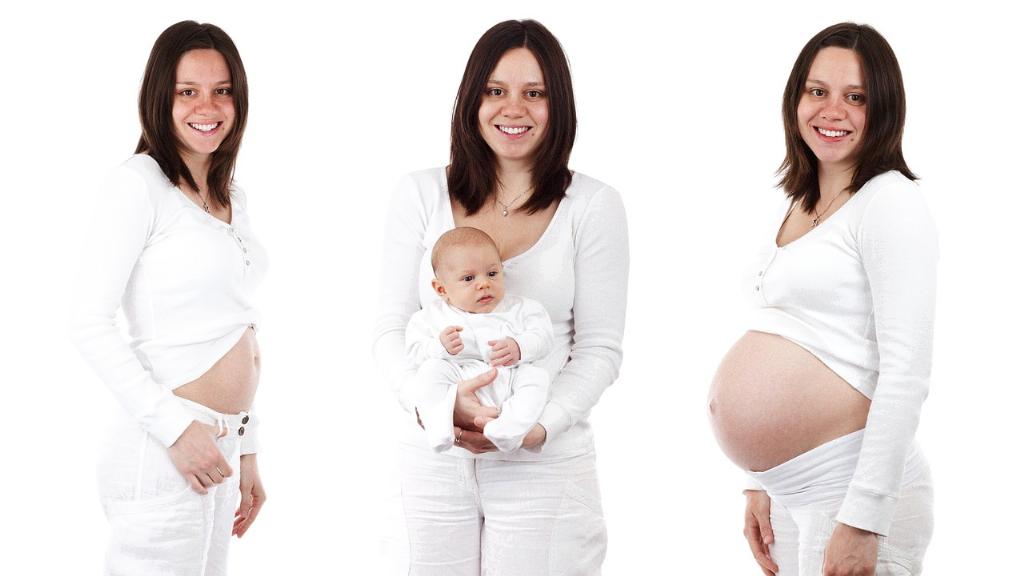When it comes to early pregnancy, many women wonder if their temperature rises during this period. The answer is yes, and there is a scientific explanation behind it. In early pregnancy, the basal body temperature remains elevated due to the increased level of the progesterone hormone.
Impact of Progesterone Hormone
The progesterone hormone plays a crucial role in early pregnancy. It helps prevent the shedding of the uterine wall and supports the implantation of the fertilized egg cell. This hormone is responsible for maintaining the elevated basal body temperature in early pregnancy.
Menstrual Cycle and Basal Body Temperature
Typically, the basal body temperature tends to dip right before menstruation during the menstrual cycle. However, in early pregnancy, this pattern shifts, and the temperature remains elevated. This change is indicative of early pregnancy and is often used as a sign by women who are trying to conceive.
Monitoring Basal Body Temperature
Monitoring basal body temperature can be a helpful tool for women who are trying to conceive. By tracking temperature changes throughout the menstrual cycle, women can identify patterns that may indicate pregnancy. The sustained elevation in temperature in early pregnancy is a positive sign for many women.
Using Basal Body Temperature for Conception
For women trying to conceive, tracking basal body temperature can provide valuable insights into their fertility. Understanding how the progesterone hormone affects temperature can help women determine the most fertile days in their cycle and increase their chances of conception.
Consulting with Healthcare Providers
While tracking basal body temperature can be a useful tool for monitoring fertility and early pregnancy, it is essential to consult with healthcare providers for accurate guidance and advice. Healthcare professionals can provide personalized recommendations based on individual health circumstances.
Interpreting Temperature Changes
Interpreting temperature changes can vary from woman to woman, and it is essential to consider multiple factors when tracking basal body temperature. Changes in temperature alone may not always indicate pregnancy, so it is crucial to look at the broader picture and consult with healthcare providers for confirmation.
Emotional Impact of Temperature Changes
Temperature changes in early pregnancy can have emotional implications for women. The anticipation and excitement of a potential pregnancy, coupled with the fluctuations in basal body temperature, can create a rollercoaster of emotions. It is essential to practice self-care and seek support during this time.
Physical Changes in Early Pregnancy
Physical changes in early pregnancy, such as elevated basal body temperature, are part of the natural progression of the body preparing for the growth and development of the fetus. These changes are signs of the body adapting to the new life within and are a normal part of the pregnancy journey.
Celebrating Pregnancy Milestones
Every pregnancy milestone, including the rise in basal body temperature, is worth celebrating. Each change in the body signifies the miracle of life unfolding, and it is essential to embrace these moments with gratitude and joy. Pregnancy is a unique journey filled with ups and downs, and each experience is a part of the beautiful tapestry of parenthood.
Conclusion
In conclusion, the rise in basal body temperature in early pregnancy is a natural occurrence attributed to the increased progesterone hormone levels. Monitoring temperature changes can be a valuable tool for women trying to conceive and can provide insights into fertility patterns. Remember to consult with healthcare providers for personalized guidance and celebrate each pregnancy milestone with love and positivity.

